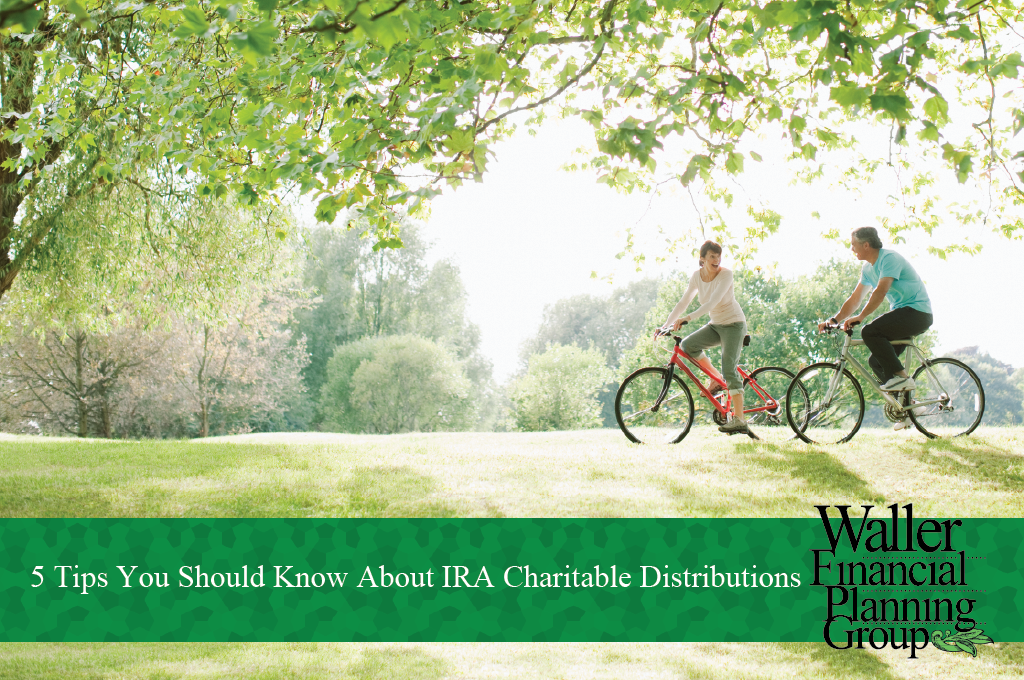
*This article was updated to reflect 2019 tax rates.
The IRA Charitable Rollover provision permits individuals over 70½ to donate up to $100,000 to charitable organizations directly from their Individual Retirement Account (IRA). As long as the distribution is made directly to a charity, the amount will not be included in the participant’s taxable income. This tax provision was made permanent by President Obama on December 18, 2015, through the Protecting Americans from Tax Hikes (PATH) Act.
Besides the obvious benefit to charities of potentially larger donations, this tax incentive has several implications for individual taxpayers:
1. Taxpayers In States That Tax Income – Many states with their own income tax structure do not allow for charitable deductions, but do base income on federal adjusted gross income. The IRA Rollover provision could allow those taxpayers to lower their overall tax liability.
2. Generous Donors – Some donors are very philanthropic and are limited to the 60% of adjusted gross income deduction on charitable gifts in any given tax year. Taxpayers who make significant gifts may wish to consider the IRA Rollover provision as it falls outside the charitable percentage limitation.
3. Taxpayers Who Do Not Itemize – Those donors who do not itemize deductions generally lose out on making donations to charity. The IRA Rollover benefit would allow the participant to avoid paying income tax on the amount directed to charity.
4. Social Security Benefits – Depending upon the taxpayer’s marginal tax bracket, directing money from an IRA to charity may reduce the taxation of a participant’s social security benefits.
5. Medicare Premiums – In 2018, the monthly Medicare Part B premium is $135.50 per recipient; however, at higher levels of income, this premium may be higher in future tax years. If donations to charity are made directly through the IRA Rollover provision, the exclusion of this amount in taxable income could keep the Medicare premiums from being increased in future years.
Now that this provision has been made permanent within the Tax Code, clients can plan more effectively to make appropriate decisions to create a “win-win” for themselves and charities. If you have any questions on how this may benefit your personal situation, please contact us at (614) 457-7026 to speak with an adviser, or contact us through email.





